Sheldon Paquin
Project Leader – Antibiotics, Science Museum, London
A hundred years ago, medicine looked very different. Even though we understood that disease and infection could be caused by microbes like bacteria or viruses, there was very little that we could do about it. People died in the millions of simple infections or diseases like tuberculosis without much hope of recovery. In many cases, all we could do was simply hope someone would get better after falling ill.
In 1940, a police constable named Albert Alexander was tending to his garden on his day off at home in Oxford, UK. While pruning his roses, a thorn sprang up and gave him a little cut on his cheek. This cut soon became infected, and within weeks, Albert was admitted to hospital. In an age before modern medicine, these infections were deadly. Albert lost pieces of his face, including one of his eyes, to his infection until he was approached by a hospital administrator with a new medicine to experiment on him: penicillin.
Penicillin was developed using the natural defences of a mould called Penicillium – the same mould you might find growing on fruit or on bread. Like humans, the mould had evolved over millions of years to develop its own immune system, releasing a chemical that killed bacteria that would otherwise pose a threat. In Oxford, an international team had been working to harness the power of penicillium’s immune system for use in humans. The result, penicillin, would change the world.
Knowing that ‘blood poisoning’ would eventually kill him, Albert agreed to try the experimental new drug. Delivering penicillin in the early days was a horrible experience. It was injected directly into the bloodstream while it was boiling hot, creating a sensation that some patients would describe as being burned alive from the inside. Albert accepted this treatment and began to recover. His nurses described his recovery as a ‘miracle’ – no one had ever seen someone overcome an infection so severe so quickly before.
In the years to come, penicillin became a mainstay of medicine. Able to tackle many different bacterial infections, it made other experimental techniques safer. The doors opened for chemotherapy, hip and knee replacements, organ transplants, protective care for premature babies, and countless other procedures to be performed without the ever-present risk to patients of infection. Once penicillin was harnessed, researchers turned to other moulds and bacteria to find other methods of fighting infection, yielding a golden age of new medicines designed to kill off bacterial infections. These medicines, antibiotics, almost immediately added twenty years on to the human life expectancy.
These miraculous drugs were used everywhere – they were made available for patients through their doctors and pharmacists, were used widely in agriculture to boost animal production, and were celebrated as the greatest advancement in medicine. We entered an era where infectious diseases were viewed as a thing of the past, a threat from long ago that no longer applied to modernity.
Unfortunately, bacteria are also far more adaptable than imagined. Bacteria have been evolving for the last 3.5 billion years, constantly changing themselves to suit the harshest of environments. They have been found thriving in volcanic vents, at the bottom of the ocean, at the very edge of Earth’s atmosphere, being crushed over a mile underground by geological pressure, and even surviving in spaces of the human body that were once thought to be sterile. They are very good at changing themselves to suit their environment, and we had filled that environment with antibiotics. Naturally, the bacteria started to change.
As bacteria adapt to no longer become affected by antibiotics, we lose medical procedures that were once commonplace. We are slowly returning to the days not too long ago when a cut to the cheek could be deadly – a horrific legacy for the next generation as bacteria continue to evolve antibiotic resistance. One conservative estimate suggests about 700 thousand people die worldwide from infections every year that cannot be treated with antibiotics. Due to bacteria being able to adapt quickly, we expect this annual figure to increase to 10 million by 2050; this number of victims equals the people who die from cancer and vehicular accidents combined. Antibiotic resistance is the greatest health risk to us in the modern age. Our overuse of antibiotics for the last several decades has made us victims of our own arrogance.
But all is not lost. As bacteria continue to evolve to their antibiotic-filled environments, we can slow them down from developing resistance by preventing them from being introduced to antibiotics. Ensuring that we only use antibiotics when recommended by a doctor and buying meat that was produced without excessive antibiotics is an easy way that we can prevent unnecessary antibiotic use. Governments around the world are starting restrictions on how pharmaceutical waste is being introduced to our water systems and they are investing in new tools like diagnostics to prevent antibiotics from being prescribed to patients unnecessarily. Scientists are searching through nature to find the next penicillin, combing through unexplored places and seeing how new and exciting microbes interact with one another to one day turn it into new medicines. Together as a global community, humanity can preserve antibiotics for another generation.
The development of antibiotics in the 1940s changed medicine forever, extending lives and giving rise to new medical treatments. Now, all that progress is being threatened. Just as bacteria adapt and change to their new conditions, we are now being challenged to rise above our current situation and become more responsible, to treat these vital medicines and the bacteria they kill with the respect they both deserve. We should always be working to ensure that stories like Albert Alexander’s remain firmly in our past.
You can learn more about antibiotic resistance at our exhibition, Superbugs: the End of Antibiotics? that starts its India-wide tour in September 2019.
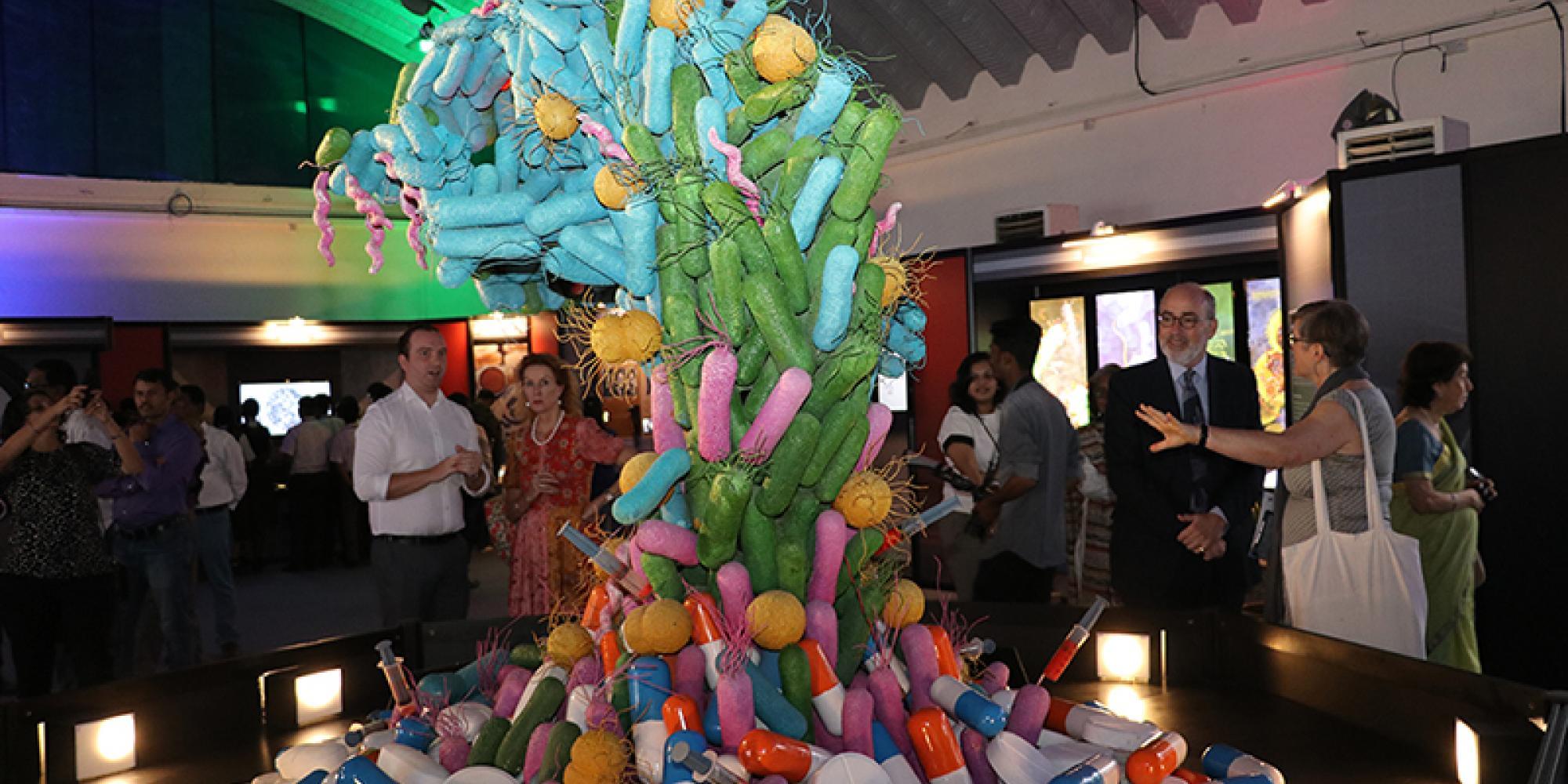
Why antibiotics are important
19 August 2019


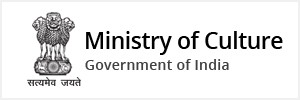
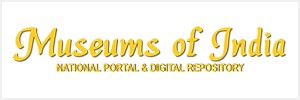





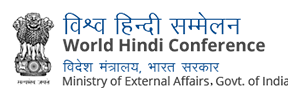

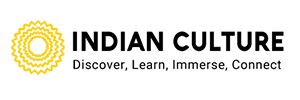
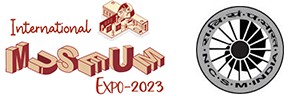
Manish Joshi
12-12-2019 14:53:48PM
The best information for antibiotic use.